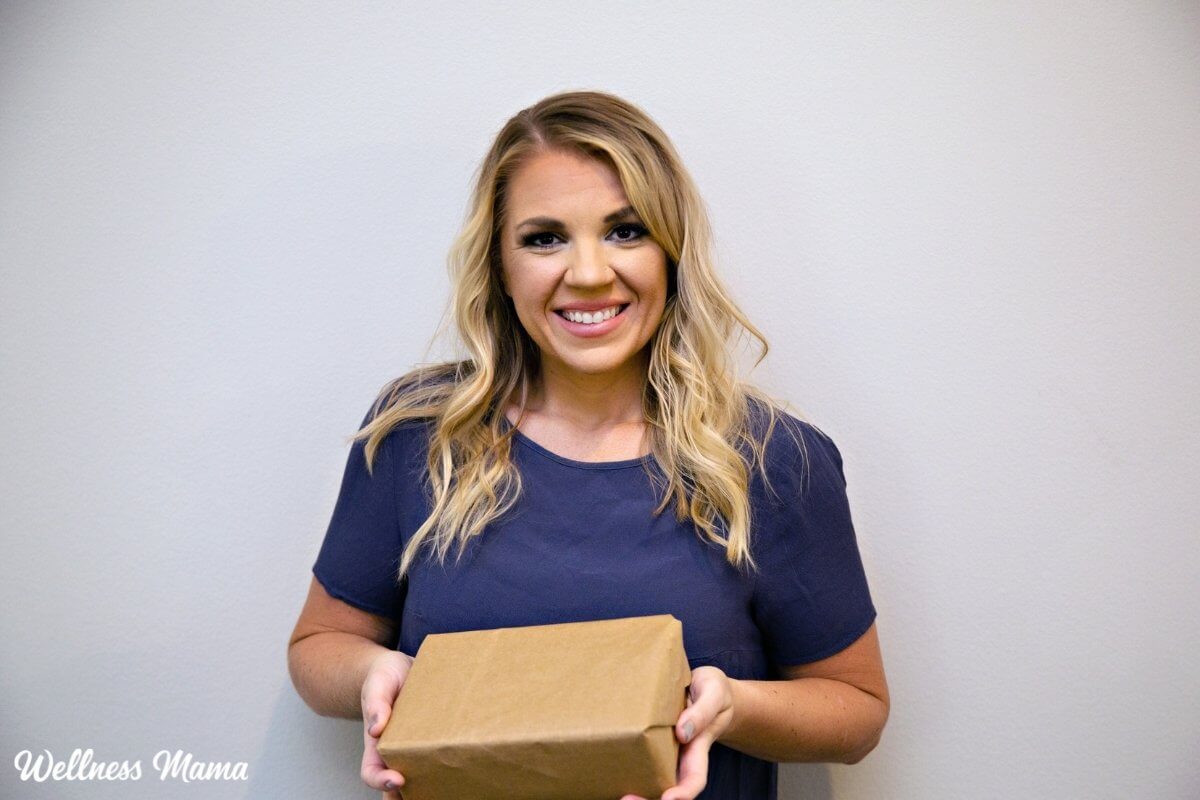By Assunta Ng
Northwest Asian Weekly
Tommy Quan cooked at Tai Tung’s kitchen (Photo provided by Lillian Woo)
Tommy Quan, owner of Tai Tung Restaurant, died before his 89th birthday on Sept. 23. The cause of his death was “old age,” said his brother, Harry Chan.
A popular host and flamboyant character, Quan knew how to entertain his customers with one-liners like a comedian. Sometimes, he sounded tough. What had lied beneath his serious face at times, though, was boldness with a heart of gold. He was an unusual entrepreneur and pioneer whose contributions spanned two countries, the United States and China.
Quan’s China projects
In 1972, President Nixon made his first trip to China, which shocked the world. The purpose was to end China’s isolation. But it was challenging for China to open itself without capital, resources, know-how, and a road map.
Enter a group of devoted Chinese Americans, Quan included. They were born in China, raised in America, and wanted to help the country they came from.
Quan was in Hong Kong in 1979 and, by happenstance, met a friend who told him to visit China. So he did. Upon visiting his native village, Taishan, China the following year, Quan discovered that China was in terrible condition, backwards, and poor. The village had no roads in many places.
Where there were roads, they were old and broken. In between, there were small ponds without bridges to connect the roads. Quan complained to his brother that people couldn’t find food because there were no grocery stores or restaurants to buy food.
Initially, Quan just wanted to help his relatives.
“China needed a lot of help then,” explained Chan.
Quan once told Chan when he was heading to China, “If you don’t hear me for days, you go to the embassy and report me missing.”
Quan with his brother Harry Chan in their orange farm in Taishan, China (Photo provided by Harry Chan)
For years, Quan was going back and forth between China and Seattle. Over time though, he stayed in China longer and came home less. Under the name of his new company in China, also called Tai Tung, Quan rebuilt his native village by developing a mandarin orange farm, an aloe plantation, and a tree farm. His company manufactured aloe products and constructed his own houses. He created hundreds of jobs for the local community.
When Quan first started, the 300 acres he envisioned developing were considered useless by the local government and farmers. Although he wasn’t a farmer and didn’t know anything about farming before he returned to China, he proved naysayers wrong by growing the best mandarins from his 12,000 trees, according to Chan. Quan also raised a pig farm to provide fertilizers for his agriculture and set up a fish pond for irrigation purposes.
The fruits were exported to Hong Kong and Canada, said Chan, but didn’t make much money. (There was lots of spoilage during the export.)
Quan even donated money to build roads, a school that instructed primary to high school students (even when his partners backed out), and a children’s park for the village. Known as the Orange King of Guangdong, Quan was so successful that the Premier of China Zhao Ziyang led a delegation to visit Quan in Taishan. He was awarded the highest reward for his humanitarian acts in China: Honorary Citizen of Jiangmen City by the People’s Government of Jiangmen in 1993. In 1997, he was awarded Honorary Citizen of Taishan City by the People’s Government of Taishan.
Quan with his daughter Lillian. (Photo provided by Lillian Woo)
However, in the 1990s, the orange farm was infested with yellow bugs that were killing all the trees.
Quan overcame challenges because he felt that God led him to China to help the villagers, according to his daughter Lillian Woo—because why else would he start an orange farm when he knew absolutely nothing about growing oranges? These trees take many years to grow, her father knew, but once matured, they could be used to build high-end furniture, wrote Woo. While he knew the trees would not be tall enough to be cut down during his lifetime, he wanted the investment to be passed down to his grandchildren—it would be his legacy from him to them.
Quan’s investment in China might be close to $400,000 then (close to $1 million today), Chan said.
“My brother was the type of person who wanted to ‘go, go, go’ when he was committed to something. He did ask us if it was fine to send him money to continue his dreams in China.”
“We will back you up,” replied Chan at the time. “The family will back you up.”
Back and forth between Seattle and Taishan
For the past four decades, Quan continued to go back and forth between China and Seattle for his successful business ventures. He partnered with his best friend, Doug Jewett, former Seattle City Attorney and mayoral candidate. The late political guru Ruth Woo was Jewett’s campaign manager when he ran for City Attorney. Her husband, Ben, introduced Quan to Jewett.
“If you spent any time around Tommy, you realized how exceptionally smart he was,” said Jewett, even though “he didn’t have a formal education.” Jewett said Quan’s powers of observation were immense, especially when it came to U.S.-China relations. Quan could articulate a lot about government policies, the differences between the U.S. and China, and “things you were not expecting. He had a world view that made him both unusual, and very interesting to be with.”
Quan talked Jewett and his wife, Susan, into going to China with him in 1984 and they stayed in his house that he built in his village. Later, Jewett returned to China with a business delegation and his family spent two months during the summer of 1988 living with Quan in the village. Jewett said it was the best summer of his life. Quan and Jewett started an aloe skin care and juice business together that has grown to be a major domestic Chinese Brand (AloeDerma).
Quan the man
“I learned a lot from Tommy,” said Chan. “He took care of me and we never fought, not even once. He taught me how to run a business. He showed me how to talk to customers. He said that ‘if you treat the customers right, no matter what face they are, they will be okay.’ He also taught me how to drink and gamble, like going to casinos. He once told me that you need to learn the good and the bad. And we had a great time.”
Quan loved to cook and his dishes were always yummy, according to his kids, Aldis and Lillian. Some of his favorite dishes to cook for the family were beef stew, curry chicken, and tuna casserole.
But he was secretive about the ingredients and even up until recently, his family members still do not know the recipes.
“We tried to replicate the beef stew and tuna casserole, but it is never as good as my dad’s,” said Woo. And he could tell what ingredient was lacking in the casserole after taking a bite, ‘Not enough milk,’ he would say.”
“Tommy was a people person,” said Ling Chinn, a family friend and Tai Tung’s landlord. “When you put him behind the counter at Tai Tung, he became alive because he liked his customers. … He loved his family, but most of all, [he loved] his brother Harry. He once told me that Harry was his best brother and partner he ever had. …[Quan] was a legend in his time. He will be missed in the community.”
I met Quan in January 1982, two weeks before I launched the first Chinese-language newspaper in the Pacific Northwest. I had seen lines of people waiting to get into Tai Tung Restaurant. My assumption was, “If business is good, he has money to advertise.” My naiveness was pathetic, laughable, and inexcusable.
Without doing any research on the business or the owner, I just walked right in the restaurant without anyone in the community vowing for my credibility. “Who’s the boss?” I asked a waiter.
“There.” The waiter pointed to a tall man with a stern face. I had never seen the guy before. All I knew was his name. Meeting Quan was an education in and of itself to a young woman who knew nothing about starting a business.
“Mr. Quan, I am going to start the first Chinese newspaper in the community,” I said. “I’d like for you to advertise in the Seattle Chinese Post.”
Silence.
I tried to make small talk, but clearly, I failed as I didn’t even have the skill to do so.
“I have never advertised my business,” he said. “For 30 years running the business, I have not advertised.” His implication was that he hadn’t advertised, and yet his restaurant was doing great.
I was speechless. And I didn’t know how to overcome his objection. I was flunking at being a salesperson. At that moment, I realized that the guy who never advertised would lose face if he were to start (if he did the opposite of his business practice).
So I asked him, “Do you agree that it is a good thing for the community to have a Chinese newspaper?”
He agreed.
I changed course. “This is not an advertisement,” I told him.
“It’s not?” he said.
“It’s a congratulatory message,” I explained.
That made sense to him. And then he actually told me what to put in, as content.
“How much is half a page?” he asked. “Let me write you a check.”
The rest is history.
Quan had taught me to go bold in my sales pitches. To support us, he broke his own rule, revealing his true kindness and humanity. He was the first advertiser to give me a big ad, while many other advertisers only ordered business-card-size ads. And even though I was really the one who had zero credit and credibility, I told the other advertisers, “Tommy Quan paid me first. You all need to pay me now as you don’t have any credit with my company.”
Quan actually saved our inaugural issue. Thank you, Tommy! Forever we are grateful!
Quan’s history
Born in Taishan and the oldest of five children, Quan arrived in the United States with his grandmother in 1950 at age 15 to achieve the American Dream. He adopted immigration papers with the last name Quan. (His actual last name was Chan in Chinese.)
He attended Broadway Edison for ESL classes to improve his English, and then Garfield High School.
A veteran, Quan had fought in the Korean War. Quan served in the U.S. Army from 1953 to 1955. He was stationed at Ft. Lewis, Ft. Hood, and Ft. Bliss. After basic training, he was assigned to the Eighth Army Division and sent to Korea. He credited the Army for teaching him discipline, improving his English, and teaching him how to get along with other people.
Quan started working in the kitchen of his family restaurant, Tai Tung, afterward. An entrepreneur, Quan bought shares from his grandfather to buy the family restaurant and be one of the owners. Later, he opened two other restaurants, Chinese Village in Federal Way and Tommy Q’s in Renton. In addition, he opened a snack bar at the Hyak Snoqualmie Ski lodge, a noodle company, and also owned a racehorse.
Quan returned to Seattle in 2019 for medical reasons. Yet, nothing could stop him from going to Tai Tung daily to help at the restaurant. You would often find him behind the counter chatting and laughing with the customers, taking orders, and more. He loved Tai Tung and seeing his family there, especially his brother Harry.
Quan is survived by five children: (Adam), Aldis, (Ayn), Lillian (Scott), Diana (Keith), and Allison (Angela). Quan joins his wife Judy and daughter Elinore in Heaven. He is also survived by his sisters Kam, Nora, Leila, and brother Harry, his new wife, Katie, and his youngest daughter Mary, 16 grandchildren, two great-granddaughters, and many nephews and nieces.
Special viewing will be held on Oct. 19, 4-8 p.m. at Sunset Hills Memorial Park & Funeral Home.
Celebration of life will be held on Oct. 20, 11 a.m. at Sunset Hills Memorial Park & Funeral Home.
Assunta Ng can be reached at assunta@nwasianweekly.com.





















Discussion about this post